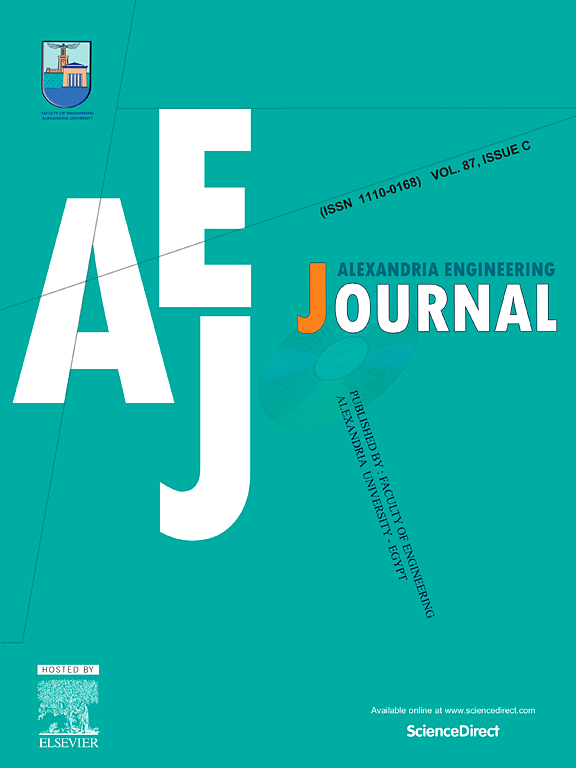基于机器学习的高校德育评估方法与可靠性研究
IF 6.2
2区 工程技术
Q1 ENGINEERING, MULTIDISCIPLINARY
引用次数: 0
摘要
本研究旨在评估机器学习(ML)技术在评估大学机构德育课程方面的有效性。目的是采用数据驱动方法,通过提高客观性、可扩展性和一致性来加强道德评估框架。本分析利用主成分分析法(PCA)、k-近邻法(k-NN)、支持向量回归法(SVR)和人工神经网络(ANN)来研究学生的表现指数,从而为标准化评估预测道德推理能力。该研究展示了机器学习如何利用 PCA 来识别模式,并利用 ML 模型进行准确预测,从而有效评估学生的德育成绩。研究结果表明,数学、阅读和写作学科能力与道德推理能力之间存在很强的相关性,凸显了学科能力在道德决策中的作用。此外,基于性别的分析表明,女生在道德技能评估中往往比男生取得更好的成绩。在测试的模型中,SVR 的预测准确率最高,而 k-NN 的预测误差最大。研究建议在大学中部署基于人工智能的道德评估系统,以确保政策制定过程中的评估过程一致且客观。本文章由计算机程序翻译,如有差异,请以英文原文为准。
Methods and reliability study of moral education assessment in universities: A machine learning-based approach
The research aims to assess the effectiveness of machine learning (ML) techniques in evaluating moral education programs at university institutions. The objective is to employ data-driven methodologies to enhance ethical assessment frameworks through improved objectivity, scalability, and consistency. This analysis utilizes Principal Component Analysis (PCA) alongside the k-Nearest Neighbor (k-NN) method, Support Vector Regression (SVR), and Artificial Neural Networks (ANN) to study student performance indices, enabling the prediction of ethical reasoning capabilities for standardized evaluation. The study demonstrates how machine learning efficiently assesses student moral education performance by leveraging PCA to identify patterns and using ML models to make accurate predictions. Findings reveal a strong correlation between subject proficiency in mathematics, reading, and writing and moral reasoning abilities, highlighting the role of academic competencies in ethical decision-making. Additionally, gender-based analysis indicates that female students tend to achieve better results in moral skills assessments than their male counterparts. Among the models tested, SVR exhibits the highest predictive accuracy, whereas k-NN returns the widest prediction errors. The study recommends the deployment of AI-based moral assessment systems in universities to ensure consistent and objective evaluation processes for policy development.
求助全文
通过发布文献求助,成功后即可免费获取论文全文。
去求助
来源期刊

alexandria engineering journal
Engineering-General Engineering
CiteScore
11.20
自引率
4.40%
发文量
1015
审稿时长
43 days
期刊介绍:
Alexandria Engineering Journal is an international journal devoted to publishing high quality papers in the field of engineering and applied science. Alexandria Engineering Journal is cited in the Engineering Information Services (EIS) and the Chemical Abstracts (CA). The papers published in Alexandria Engineering Journal are grouped into five sections, according to the following classification:
• Mechanical, Production, Marine and Textile Engineering
• Electrical Engineering, Computer Science and Nuclear Engineering
• Civil and Architecture Engineering
• Chemical Engineering and Applied Sciences
• Environmental Engineering
 求助内容:
求助内容: 应助结果提醒方式:
应助结果提醒方式:


